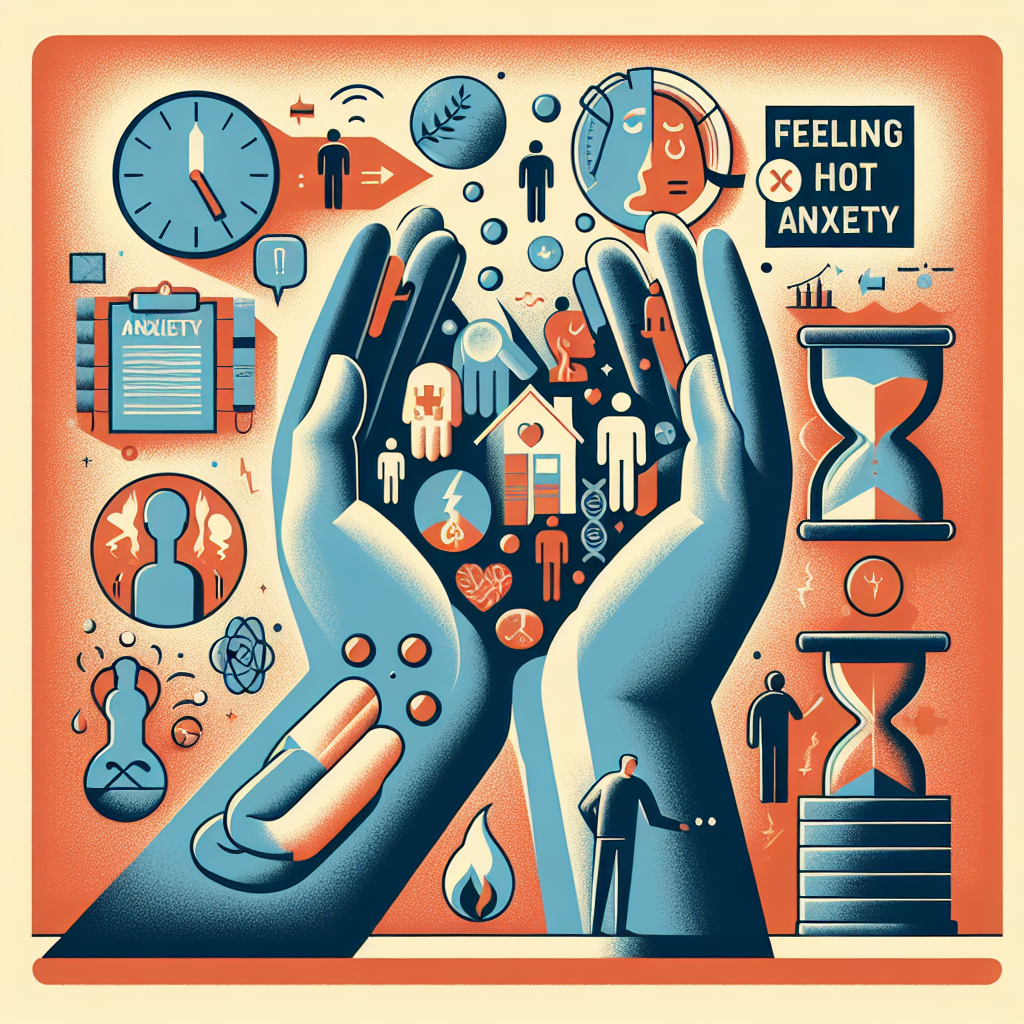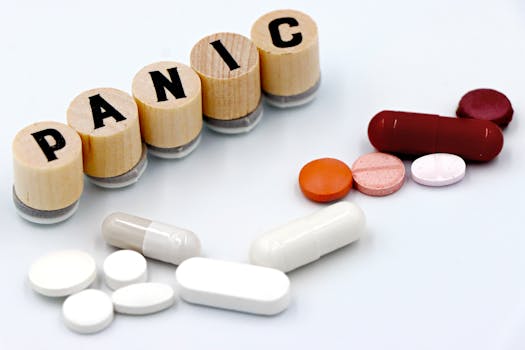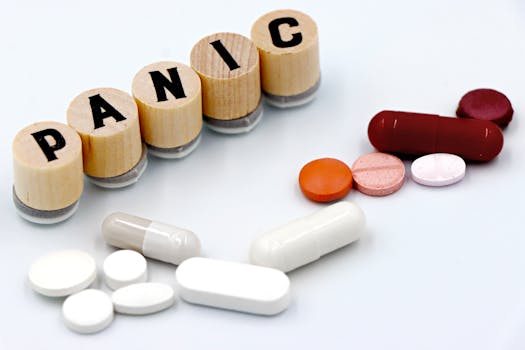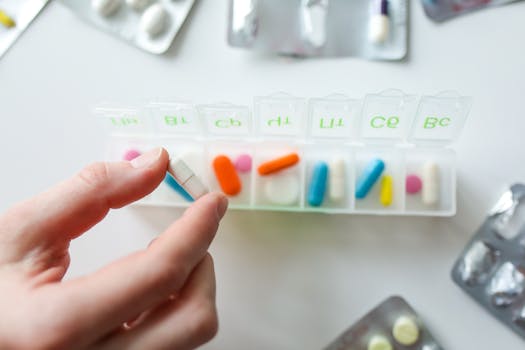Many people worry when they’re suddenly flushed or warm for no clear reason. If you’ve ever experienced feeling hot from anxiety during a stressful moment, it’s important to know that this reaction is common and usually tied to how your body responds to perceived threats. Understanding the causes, how to recognize symptoms, and practical relief can reduce worry and help you manage episodes when they occur.
Can anxiety make you feel hot?
Yes — anxiety can trigger a cascade of physiological changes that make you feel hot. When the brain senses danger, it activates the fight-or-flight response, releasing adrenaline and other stress hormones. Those chemicals increase heart rate, redirect blood flow, and can raise your core temperature briefly. People often ask, does anxiety make you feel hot or sweaty even when the environment is cool? The answer is that the body’s stress response can override normal temperature cues, producing sudden warmth or flushing.
Why this happens: causes and mechanisms
The mechanisms behind anxiety-induced warmth involve the autonomic nervous system and thermoregulation. Rapid breathing, increased circulation to large muscle groups, and the release of adrenaline can all contribute to heat sensations. For some, anxiety leads to anxiety disorder hot flashes or panic attacks that amplify bodily awareness, making the heat feel more intense. Clinically, this can look similar to hormonal hot flashes, which is why many people ask, can anxiety cause hot and cold flashes? Yes — fluctuations between feeling hot and then chilled are reported during intense stress or panic.
For a reliable overview of anxiety conditions and how they affect the body, see the NIMH overview of anxiety disorders, which summarizes common symptoms and treatment approaches.
Common symptoms to watch for
When anxiety manifests as temperature changes, you might notice:
- Sudden flushing or a rush of warmth across the face, neck, or chest
- Sweating without exertion
- A sense of internal heat paired with heart palpitations or breathlessness
- Alternating sensations — anxiety feeling warm one moment and chilled the next
These sensations can be unsettling but are often short-lived. If they occur frequently and are disruptive, they may be part of a diagnosable anxiety condition and warrant discussion with a clinician.
Practical relief and immediate ways to cool down
Short-term techniques can help you reduce the intensity of feeling hot from anxiety and regain a sense of control. Simple interventions target breathing, cooling the skin, and calming the nervous system:
- Controlled breathing (slow diaphragmatic breaths: 4 in, 6 out)
- Cool compress to the back of the neck or wrists
- Move to a cooler environment or remove a layer of clothing
- Hydrate — a cold sip of water can help regulate body temperature
- Grounding exercises: name five things you can see, four you can touch, etc.
Longer-term strategies include cognitive-behavioral therapy, stress management programs, and lifestyle changes. Reducing screen time and practicing a digital detox to reclaim your focus and reduce anxiety can lower baseline stress and decrease the frequency of temperature-related episodes.
When to seek medical advice
Most anxiety-related heat sensations are benign, but there are times to consult a healthcare provider. If hot sensations are accompanied by fainting, chest pain, high fever, or persist despite relaxation techniques, seek medical evaluation to rule out other causes. Also consider a professional assessment if you experience anxiety disorder hot flashes that interfere with daily functioning; effective treatments are available.
Quick tips to try right now
- Practice one minute of paced breathing to calm the nervous system
- Place cold water on your wrists or the back of your neck
- Step outside or open a window for cooler air and a change of scene
FAQ
Q: Can anxiety cause you to feel hot even when you’re not exerting yourself?
A: Yes. The stress response can produce warmth, flushing, and sweating independent of physical activity. Techniques that slow breathing and reduce sympathetic arousal usually help.
Q: Can anxiety cause hot and cold flashes?
A: It can. Some people report alternating sensations of heat and chills during panic attacks or intense stress. These are linked to rapid shifts in circulation and autonomic regulation.
Q: Is persistent warmth from anxiety dangerous?
A: Persistent or severe symptoms deserve medical attention to exclude other causes. For recurrent anxiety-related temperature symptoms, talk to a healthcare professional about treatment options like therapy, medication, or lifestyle adjustments.






